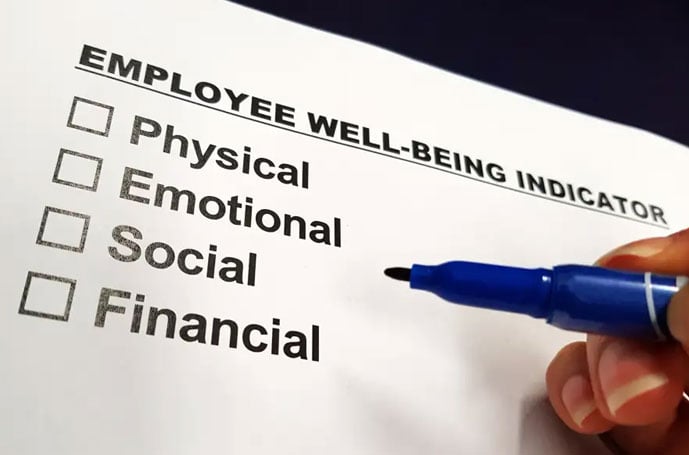When employees enter a new workplace, a three-month probation period is common. At the 90-day review, managers typically evaluate the employee’s overall performance, productivity, cultural fit, and employee satisfaction.
Naturally, this is an excellent opportunity to check-in and encourage the new recruit to keep up the good work. But in some cases, the 90-day review might bear a few unpleasant surprises for both employer and employee.

For example, the employee might not have taken to the job as well as you initially anticipated. On the flip side, the realities of the job might not align with the employee’s initial expectations. As such, they might use the end of their probation period to dip out of the contract. With November 2021 seeing a record number of 4.5 million resignations, the latter is becoming increasingly common. In fact, as many as 30% of employees leave a job within 90 days of starting.
When you couple this with the fact there were 11 million job openings in December compared to 6.3 million potential applicants, the labor market is definitely in favor of employees. In short, businesses can’t risk hires walking out after their 90-day trial.
So how can you avoid the 90-day turnaround?
Set Realistic Expectations From the Get-Go
Mismatched expectations often prompt early turnover. In fact, 49% of employees quit because the job is not what they thought it would be. Sometimes this issue stems from poorly formulated job postings. In this instance, new hires apply for a job with a completely different understanding of what’s actually expected of them and find themselves disillusioned.
Similar misalignments often concern salary, with as many as 43% of U.S. employees believing they’re underpaid for their work. Needless to say, these unmet salary expectations can sour the relationship with new recruits. In response, we advise organizations to carefully outline the work for the salary promoted or negotiated.
The bottom line: Ensure your job posting clearly outlines the necessary experience and credentials to do the job. You should also list the daily responsibilities and compensation and provide clear guidelines for how and when employees can expect a pay rise.
Communication Throughout
A lack of communication with new recruits can negatively influence whether they stick with your organization. In fact, just 12% of employees strongly agree their company does a great job of onboarding. Even if an employee seems good to go in the first week, a lot can change during the trial period.
New hires still have to navigate the company culture, identify who to ask for help, learn new skills and technologies, and understand their role in the business. In light of all that, it’s vital to regularly check in with new hires to ensure they understand their responsibilities, advise and provide support as necessary.
Businesses can assign a mentor to a new candidate, but it’s also essential for managers to regularly checkin. Again, empathy is an important skill here. Instead of focusing on mere productivity in those early months, managers should look at cultural fit and employee engagement to assess whether the new hire shows an aptitude for learning and adapting. Thisway, when the 90-day review rolls around, nothing should come as a surprise to either party.
At the 90-Day Review
The aim of any 90-day review should be to reset expectations and mend whatever confusion that may have arisen. In addition, it’s an excellent opportunity to encourage and heal a relationship with a new employee who may have struggled. Staff aren’t expendable – especially in the current job market! That’s why it’s also imperative to establish a game plan for improvement on both sides during this review. For instance, if an employee feels they’re shouldering more responsibility than initially expected, the 90-day review might also be a good time for a salary adjustment.
If that’s the case, compensation analysis is a must. The right software can help businesses understand how much any job title is worth based on location, the hire’s experience, and the current market state. LaborIQ uses AI technology to propose recommended and competitive salary rates. With this information in-hand, you’re better positioned to set clear salary expectations both before and during the 90-day review to ensure employees can visualize their career growth at your workplace.











